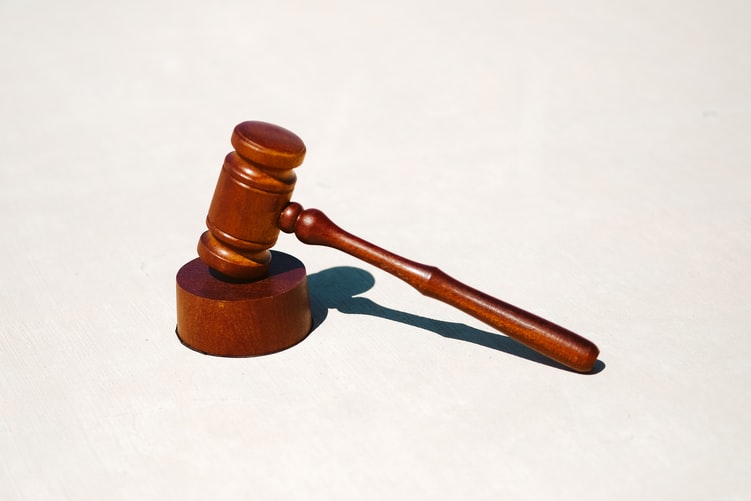Kinshasa – Democratic Republic of Congo’s Constitutional Court on Wednesday reversed its decision to place former prime minister Augustin Matata Ponyo under house arrest, his lawyer said.
The former prime minister “is no longer under house arrest… He returned to his home without being accompanied by police,” the lawyer Laurent Onyemba said.
The court’s ruling came just a day after it had imposed the house arrest on Matata pending an investigation into embezzlement charges.
A magistrate, speaking anonymously, told AFP that Matata was not a flight risk and would “now respond to invitations from the prosecution as a free man”.
In May prosecutors asked parliament to lift the immunity granted to Matata in his new role as a senator so that he could face a probe over alleged corruption.
ALSO READ | Targeting infidel ‘crusaders’: DRC’s dreaded ADF militia
At the time the senate voted against lifting immunity, saying that the Constitutional Court which made the request was not empowered to try a parliamentarian.
For criminal proceedings in DRC, senators come under the jurisdiction of the Court of Cassation.
But on July 5, six members of the Senate office agreed to a demand by the prosecutor of the Constitutional Court to remove Matata’s parliamentary immunity.
Onyemba had responded to the original court decision to place his client under house arrest by saying it was a political decision.
The lawyer said the court was accusing the former PM of having ordered the payment of more than $110 million (93 million euros) to fictitious creditors and alleged victims of “Zaireanisation”.
ALSO READ | At least 20 killed as armed groups, troops clash in DRC
Launched in the 1970s by then dictator Mobutu Sese Seka, Zaireanisation entailed expropriating the assets of foreign entrepreneurs but without compensation.
The allegations are “false down the line,” Onyemba said.
Matata was minister of finance and then prime minister in the government of Joseph Kabila from 2010 until 2016.
In November, the IGF state spending watchdog reported that the equivalent of $205 million (173 million euros) had been plundered out of $285 million disbursed for a pilot agro-industrial scheme in Bukangalonzo, 250km southeast of the capital.
ALSO READ | Draft law would tighten nationality rules for DRC presidents
The IGF implicated Matata in its report, saying he was the “intellectual author” of the crime.
He denied the accusations and lodged a complaint against the IGF’s head and three other financial investigators over “slanderous” claims.
Follow African Insider on Facebook, Twitter and Instagram
Source: AFP
Picture: Getty Images
For more African news, visit Africaninsider.com


